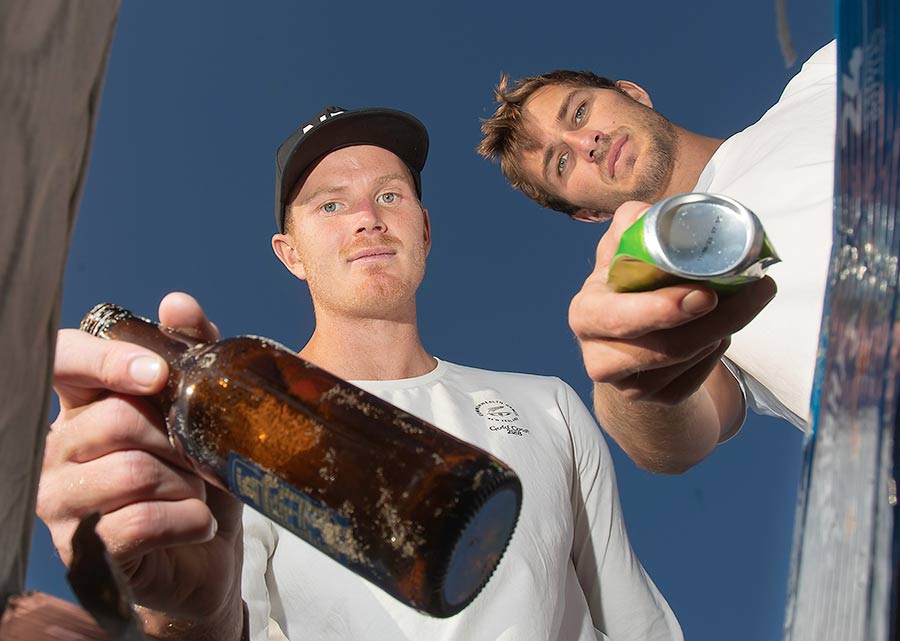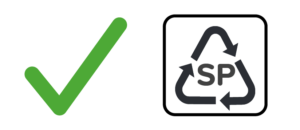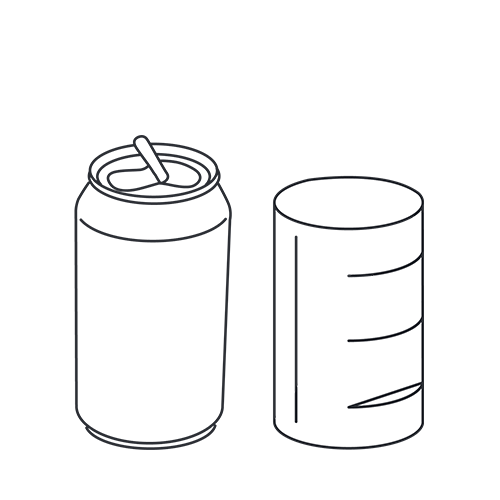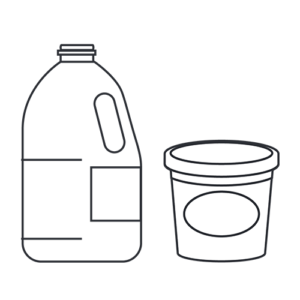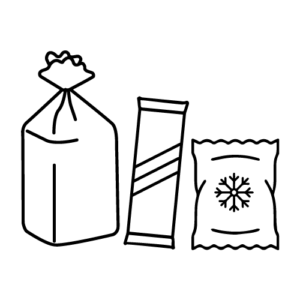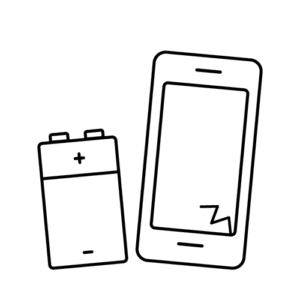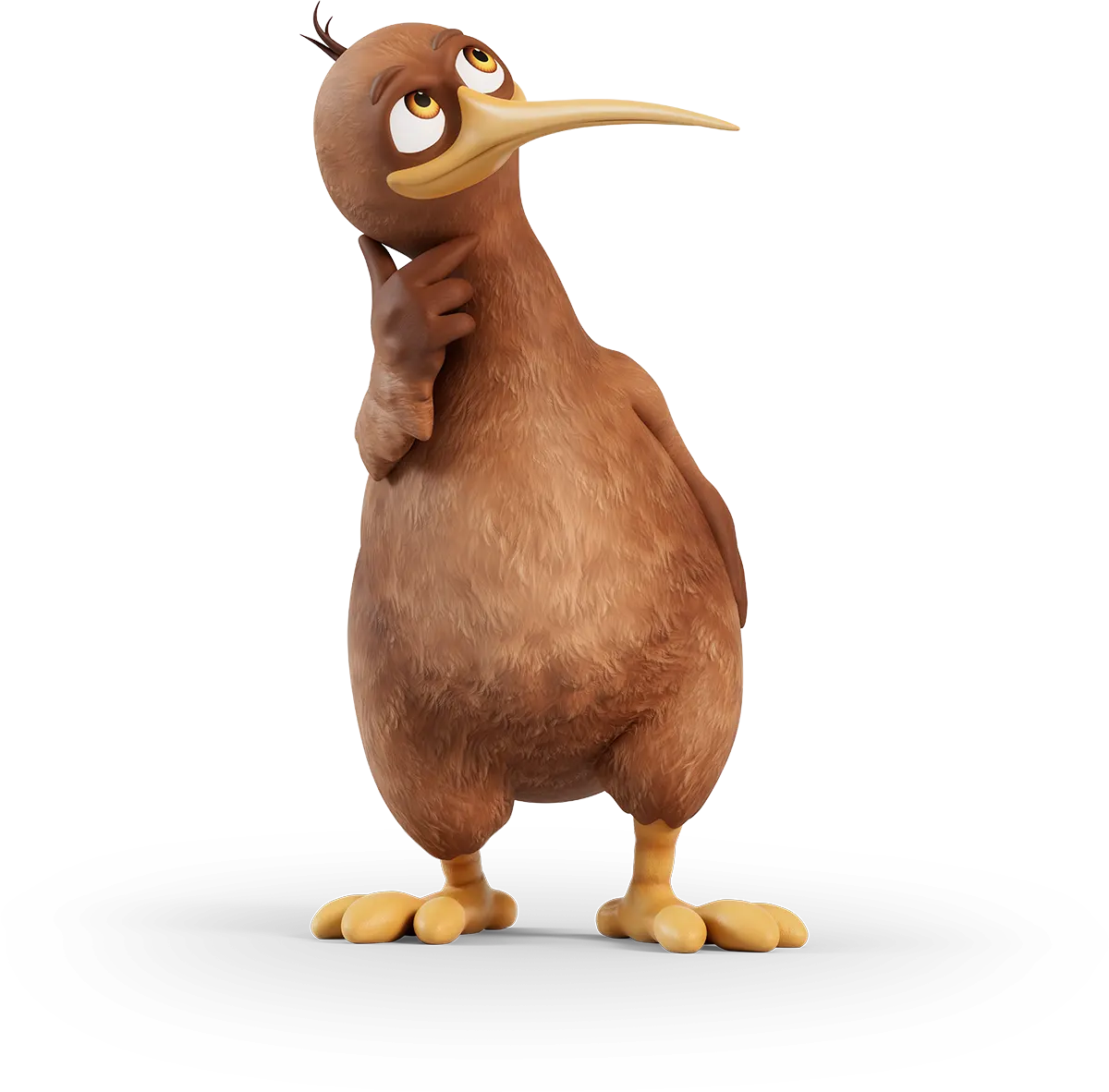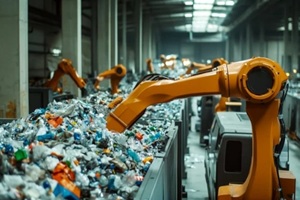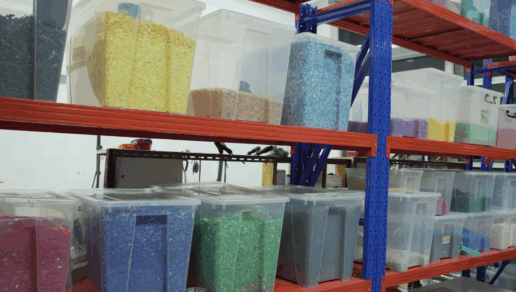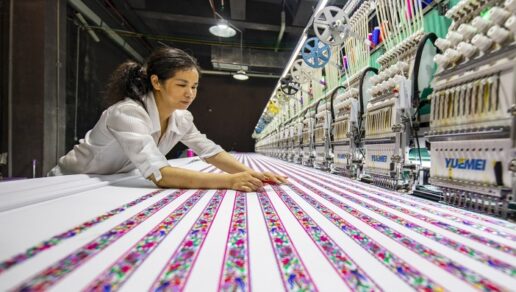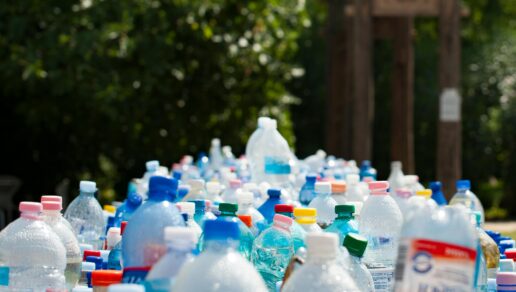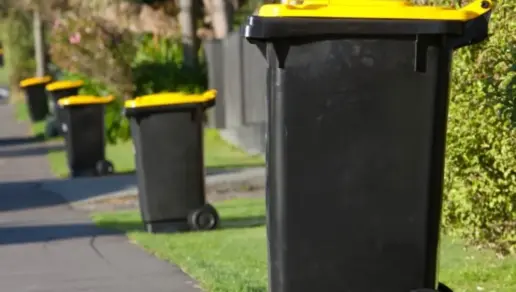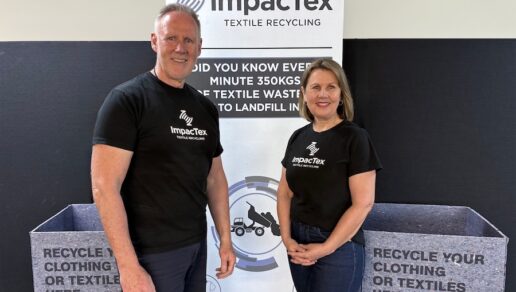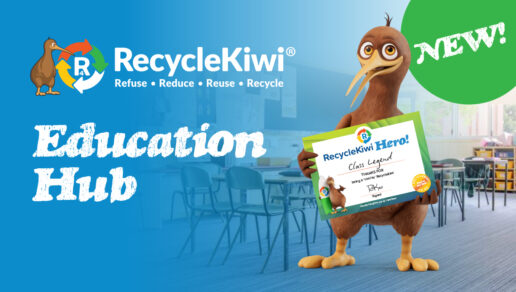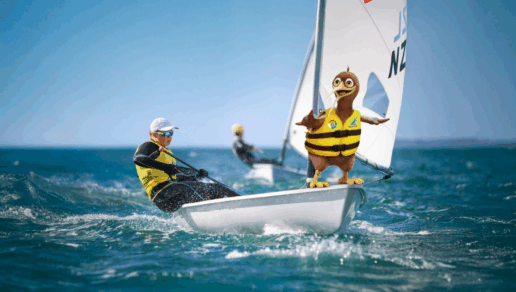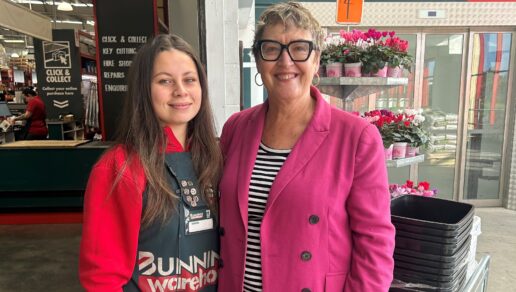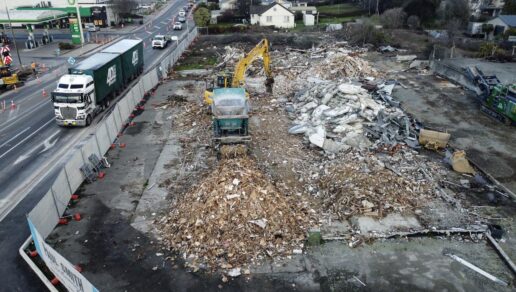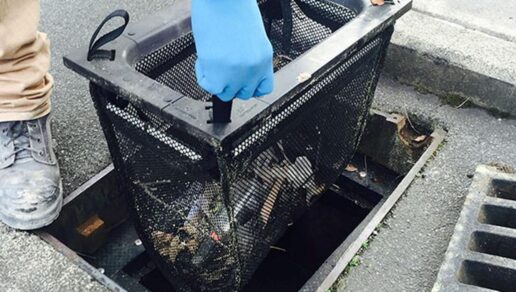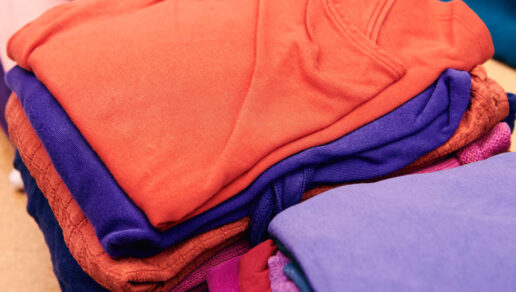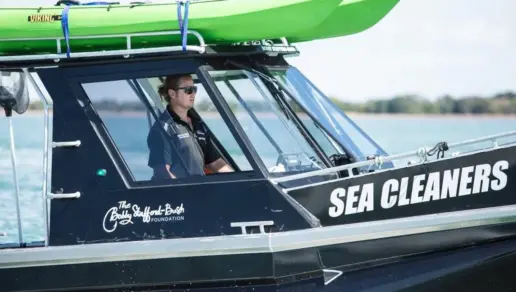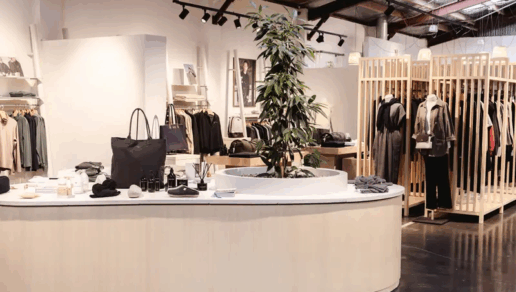Recycling will always be part of the ongoing process of minimising waste and it’s our responsibility to make sure what can be recycled is recycled properly.
Recycling systems can only process recyclables that are clean – unwashed items can contaminate the recycling process. So take a moment to rinse food cans and glass jars before you pop them in the recycling bin.
What plastic can I recycle?
Most plastic items now have an embossed recycling symbol with a number. The number code indicates the type of plastic. Presently plastics 1, 2 and 5 are accepted for general plastics recycling, and by the various council collection services.
Plastics’ good to recycle in NZ
Soft Plastics
Recycle at local collection points
Plastics that can’t be recycled in NZ
Where does recycling go?
Glass Bottles & Jars
Recycled glass stays in NZ and is turned into bottles, jars and road-building material.
Paper & Cardboard
Paper and cardboard is made into newsprint, writing paper, tissue, corrugated cardboard, egg cartons and fruit trays, here in NZ as well as in Asia.
Aluminium & Tin Cans
Aluminium cans are able to be recycled endlessly, often becoming new drink cans again. ’Tin cans’ are really made of steel which is repurposed as wire and building materials in NZ and Asia.
Plastic
Some plastic is processed in NZ which becomes part of other plastic products, such as drink bottles becoming meat trays. Much is exported for processing and further use.
Soft Plastic
Most soft plastic materials that are recycled are blended with other plastics to manufacture plastic fence posts, vegetable gardens and parking bumpers here in NZ.
e-Waste
E-waste collection points are opening up around NZ, they divert e-waste from landfills and recover valuable resources for recycling. The actual recycling happens overseas.
When you are out shopping, select items made from or packaged in aluminum, tins or glass, which can be recycled an infinite number of times.
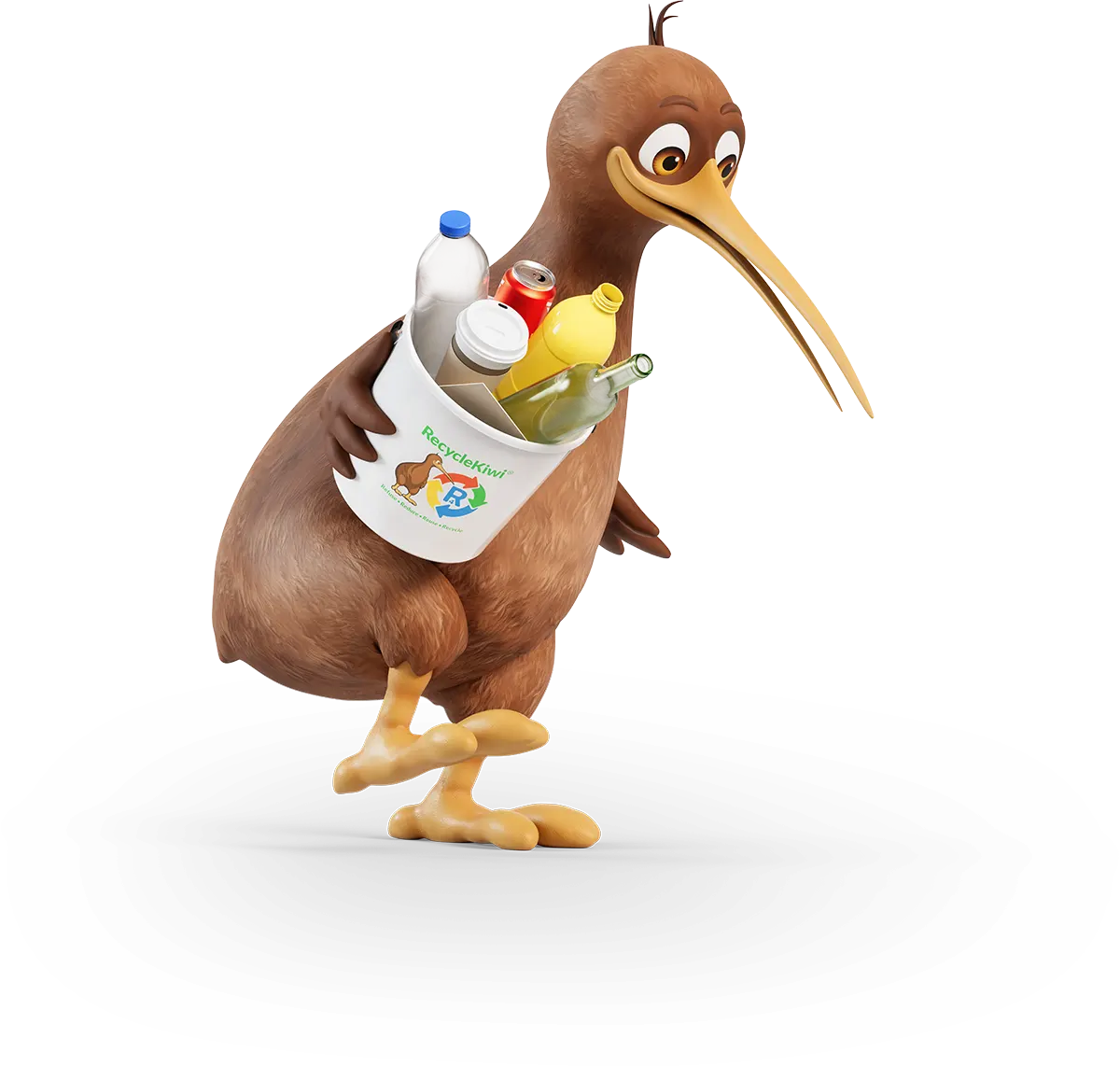
Did you know…
- Turning tins and aluminium cans back into metal uses LESS energy than making new tins.
- We have not recycled 90% of all the plastic made in the world since mass production began 60 years ago.
- Biodegradable or compostable cups, straws and bags require a commercial composting facility to break down and they can’t be recycled.
